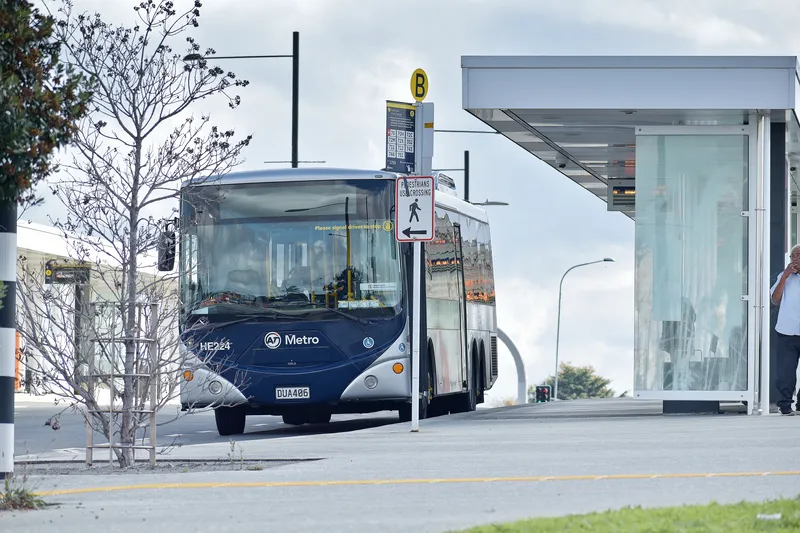New Jersey Transit has introduced a mobile ticketing pilot program that will transform customers’ smart phones into their train tickets, enabling them to purchase one-way tickets and monthly passes at anytime, anywhere. Called MyTix, the app is now available for free download on any web-enabled iOS or Android operating system, via the App Store for iOS devices and the Google Play Store for Android devices. MyTix allows customers to purchase one-way tickets and monthly passes securely on their mobile devices
April 26, 2013
Read time: 2 mins
New Jersey Transit has introduced a mobile ticketing pilot program that will transform customers’ smart phones into their train tickets, enabling them to purchase one-way tickets and monthly passes at anytime, anywhere.
Called MyTix, the app is now available for free download on any web-enabled iOS or1812 Android operating system, via the App Store for iOS devices and the 1691 Google Play Store for Android devices. MyTix allows customers to purchase one-way tickets and monthly passes securely on their mobile devices for travel on the Pascack Valley Line, as well as between Penn Station New York and the Meadowlands Rail Station for special events.
“Giving customers the ability to purchase and display rail tickets right from their phones will make travelling on NJ Transit trains even more convenient for the customers who use our system every day,” said Transportation Commissioner and NJ Transit board chairman James Simpson. “Although the initial pilot is for our Pascack Valley and Meadowlands Rail Line customers, our ultimate goal is to put this technology into the hands of all of our rail customers.”
Called MyTix, the app is now available for free download on any web-enabled iOS or
“Giving customers the ability to purchase and display rail tickets right from their phones will make travelling on NJ Transit trains even more convenient for the customers who use our system every day,” said Transportation Commissioner and NJ Transit board chairman James Simpson. “Although the initial pilot is for our Pascack Valley and Meadowlands Rail Line customers, our ultimate goal is to put this technology into the hands of all of our rail customers.”










